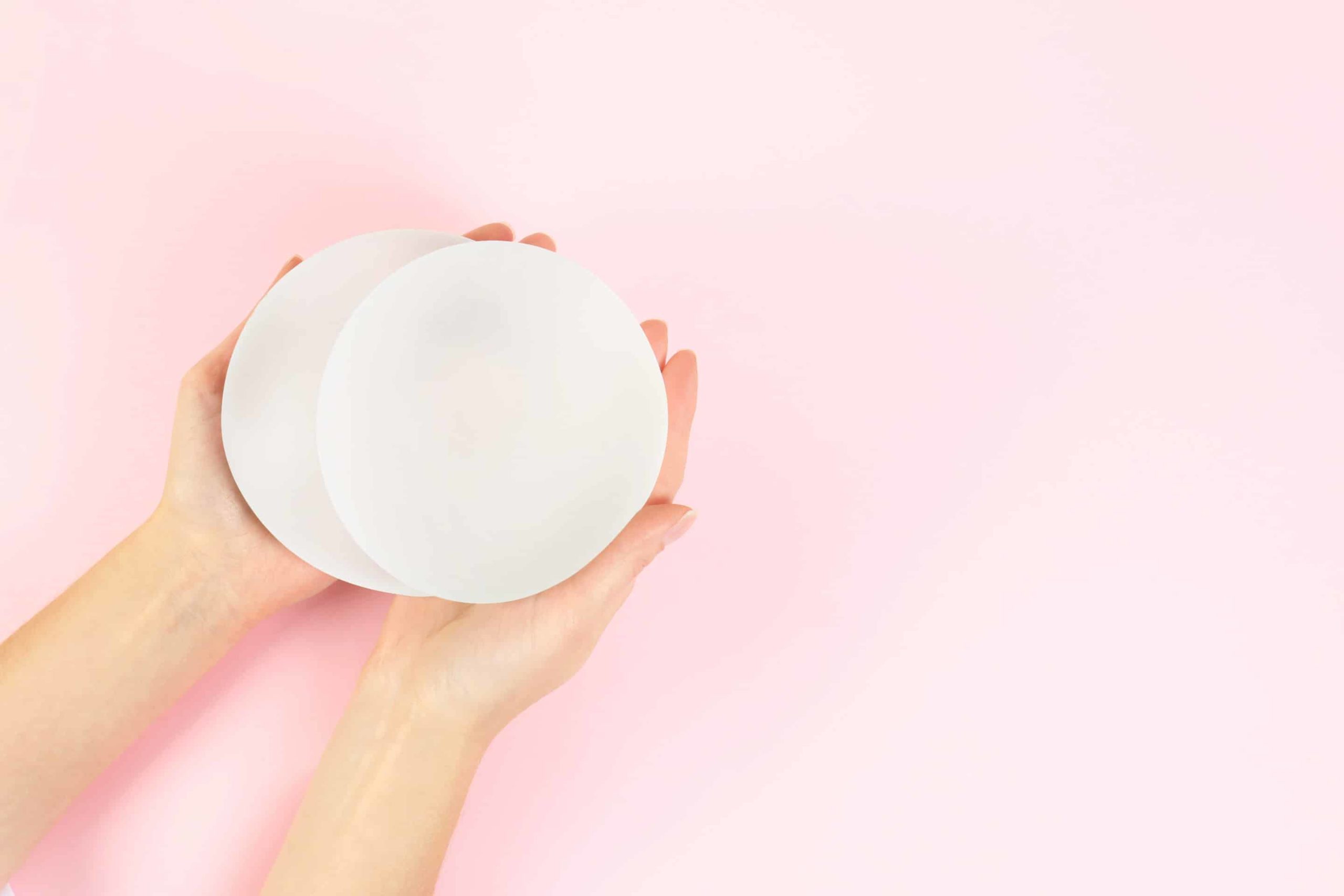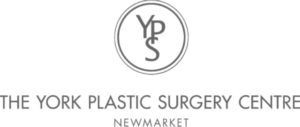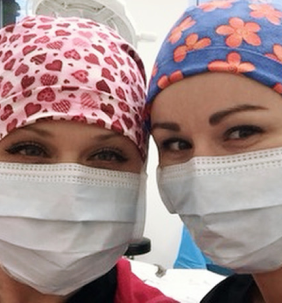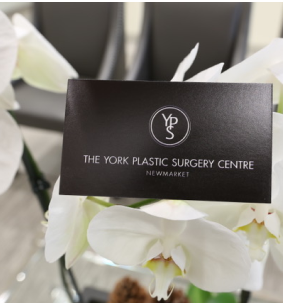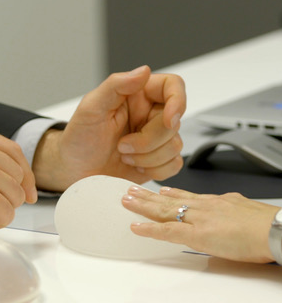Recovering After Breast Augmentation
Everyone wants to recover properly and get the best results possible from their breast augmentation surgery, but the internet has conflicting advice. Part of the confusion stems from the fact that there is no agreement among plastic surgeons regarding the postoperative care of their patients. The following information is advice for my own patients. For patients who had their surgery elsewhere, please be sure to consult with your own surgeon and adhere to their advice.
Exercise Restrictions
I recommend that my patients return to light activities of daily living (making meals, self-care etc) within a few days of their operation, but they should avoid vigorous exercise (weightlifting, jogging, martial arts, etc.) for 6 weeks. Other surgeons market a special operation that allows patients to recover from surgery in only 24 hours. The simple truth is, no surgeon has a special technique that makes their patients’ wounds heal in a very short time. When an incision is made in the skin, it takes 4-6 weeks for the wound to heal securely. Strenuous activity can lead to complications such as sudden bleeding, wound breakdown or implant shifting, even several weeks after breast augmentation surgery. I always put the safety of my patients ahead of marketing gimmicks.
Return to Work
Once a person can manage the physical demands of their work and they do not require narcotic medications for pain relief, the should be able to resume their job. For people who can work from home or at a desk, they should be able to resume their job within a few days to a week. However, for patients who require narcotic pain medications for a longer time, or if they do strenuous activity, I typically recommend they wait at least a week before returning to work, then stay on modified duties for up to 6 weeks. Front-line police officers, paramedics, firefighters and personal support workers are some examples of people who should plan for light duties until they are fully healed.
Breast Massage / Displacement Exercises
I feel that it is reasonable to gently massage the breasts for comfort or to massage one implant if it is higher than the other to help it settle. However, I do not recommend my patients vigorously massage or routinely displace their breast implants. There is scant evidence that this practice reduces capsular contracture or provides any other medical benefits, yet it can be quite uncomfortable. I insert several hundred breast implants every year and my postoperative complication rates are low, so I do not see any value to implant displacement exercises. If a person’s implants are sitting high and taking longer than normal to drop, and the elastic garment called a bandeau will be provided. This garment is wrapped around the upper chest and applies pressure to the upper part of the implants.
Sexual Activity
Care should be taken to avoid firm pressure or vigorous manipulation of the breasts for at least 4-6 weeks. However, there are many ways to be sexually intimate while still protecting the breasts from injury. Once the initial phase of postoperative breast swelling and tightness has passed, it is reasonable to carefully resume sexual activity. Do not allow anyone to touch the skin around your incision until it is completely healed (at least several weeks after surgery).
Diet and Nutritional Supplements
On the evening of your operation, I suggest having only a light meal and fluids, to avoid postoperative nausea. By the next day, there are no dietary restrictions. It is important to eat a balanced diet with adequate calories, protein and vitamins to promote wound healing. Most people get enough nutrients in their regular diet but if you have an eating disorder (i.e. anorexia) or malabsorption disorder (celiac, etc) it is important to discuss this with Dr. Andrade. In these scenarios, dietary supplements might be necessary. Regarding herbal supplements like Arnica to decrease bruising, in my opinion, there is insufficient evidence to either support or advise against their routine use.
Risky Activities
Although implants are very durable and unlikely to break during most physical activities, I have seen implant ruptures in patients after blows to the chest such as motor vehicle collisions, or getting thrown from a horse or recreational vehicle. People need to consider any risky activity or extreme sport and make a personal decision about whether to engage in the activity. I recommend reading posted guidelines in amusement parks and avoiding rides that might damage breast implants.
Scar Care
I provide all of my patients with a medical scar gel, which can be used as soon as the incision is well-healed (typically within several weeks). Scars take at least 12-18 months to soften and fade. I do not routinely prescribe laser scar therapy. For patients who seek this service elsewhere, be sure the person administering the therapy is under the guidance of a trained physician. You need to understand the specific risks like burns, hyperpigmentation, and other complications that can arise from laser scar treatments before agreeing to this procedure.
Surgical Bra
I provide all of my patients with a surgical bra and suggest they wear it for support and comfort for 4 about weeks after surgery. However, if a patient finds the bra uncomfortable, it is fine to remove it and either wear no bra at all or purchase another soft sports bra. There is no proof that wearing a surgical bra actually leads to better outcomes after breast augmentation surgery, which is why some surgeons provide their patients with a bra and others do not.
Bathing, Swimming and Hot Tubs
Patients can remove their outer wound dressing and shower within 2 days after surgery while leaving the Steri-strip tape under their dressing adherent to the incision for two weeks (it can get wet in the shower). Never soak in a bathtub, hot tub or go swimming until the incision is very well-healed or a serious infection could result.
Travel After Surgery
I recommend that my patients wait at least 4-6 weeks after surgery before travelling a significant distance from home. It is important to remain close to the office in case you have any healing concerns. Also, taking a long airplane flight after surgery might increase the risk of a blood clot in the legs (deep vein thrombosis / DVT) or the lungs (pulmonary embolism / PE).
We offer excellent postoperative care including multiple phone calls and assessments to ensure you are healing properly. You are welcome to contact the office or Dr. Andrade if you have concerns.
Dr. Andrade has a 5-star rating on RateMDs and realself.com and his practice has a specialized focus on breast and body contouring surgeries. The York Plastic Surgery Centre is also one of the Top 10 Clinics in Canada with the volume of breast augmentation surgeries performed each year as noted by our implant supplier.
